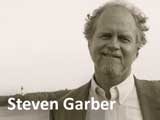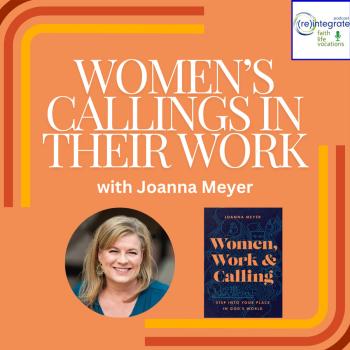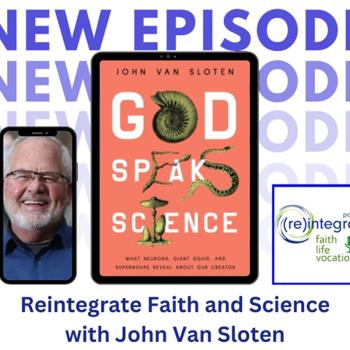Growing out of a conversation with business executives who have responsibility for a global corporation whose products everyone on earth enjoys, the words are becoming flesh: “The economics of mutuality.” I recently flew to Paris to take part in several days of conversation about the whys and whats of what this might look like.
At its core “the economics of mutuality” is a critique of the hyper-individualism and corporate myopia of Milton Friedman’s University of Chicago “school,” which is summed up by these words, “The sole purpose of business is to maximize shareholder profit.” Most of the time in most places that is the way of the world. And with that rule, some do make fortunes, making a “killing” as they say, and the rest of us have to pay for years and years to come. Think of the sub-prime mortgage scandal that brought down Wall Street and the world five years ago. A few became rich, but the rest of us will pay for their gain, perhaps for generations to come. Masters of the universe they are, to remember Tom Wolfe’s image in “Bonfire of the Vanities,” but at their worst they are horribly myopic, making economic decisions that are against history and humanity. Very importantly, the economics of mutuality is principally an argument for the way business ought to be, for a reframing of the very meaning of economic life.
My assignment was to speak on three words: vocation, meaning and ethics, set within a globalizing economy. This is not an ivory-tower, “wouldn’t it be nice if we were all nice?” conversation. Literally billions of dollars and scores of thousands of employees are stake. This is not a new way to be philanthropic. Instead there is an honest desire to sustain profitability for the long-haul, for generations, and so there is an honest desire to reframe the definition of “the bottom line.” Simply said, to keep making money there has to be an acknowledgement of a more complex bottom line, one that remembers that people and the planet must be written into the calculus, if profit is to be sustained.
Because it is France, I decided to draw Jean Valjean into the presentation. In a profound way this hero from Victor Hugo’s “Les Miserables” embodies “vocation, meaning and ethics.” The words become flesh in his life. After his encounter with the bishop’s amazing grace, he begins to find a new way to understand his life, and the life of the world around him. Over the next years his whole community is transformed. Not first of all by his philanthropy, but by his visionary leadership of a business that offers opportunity and employment, and whose product serves the marketplace. Valjean becomes a remarkably kind man with eyes to see the needs of those in his community, but that is as a businessman with a strong sense of vocation grounded in an understanding of the meaning of life manifest in an ethic that has consequence for him and his world.
So my lecture, at their request, explored the nexus of these words: vocation, ethics and meaning. These concepts are intended to be as integral to their deliberations as the professor yesterday from the Harvard Business School who talked about the way healthy organizations work. No final tension between principle and practice, between beliefs about the way it ought to be done, and the way it is being worked out. That is the hope.
Can business be done differently? Could we in fact rethink the meaning of “the bottom line”? Is it possible to create a business practice where there is no final tension between a principled vision and the pragmatics of the marketplace?
Even being with people who care enough to think hard about these questions is a gift to me. Simply said, it keeps my heart alive.
Image by Mathew Knott. Used with permission. Sourced via Flickr.













